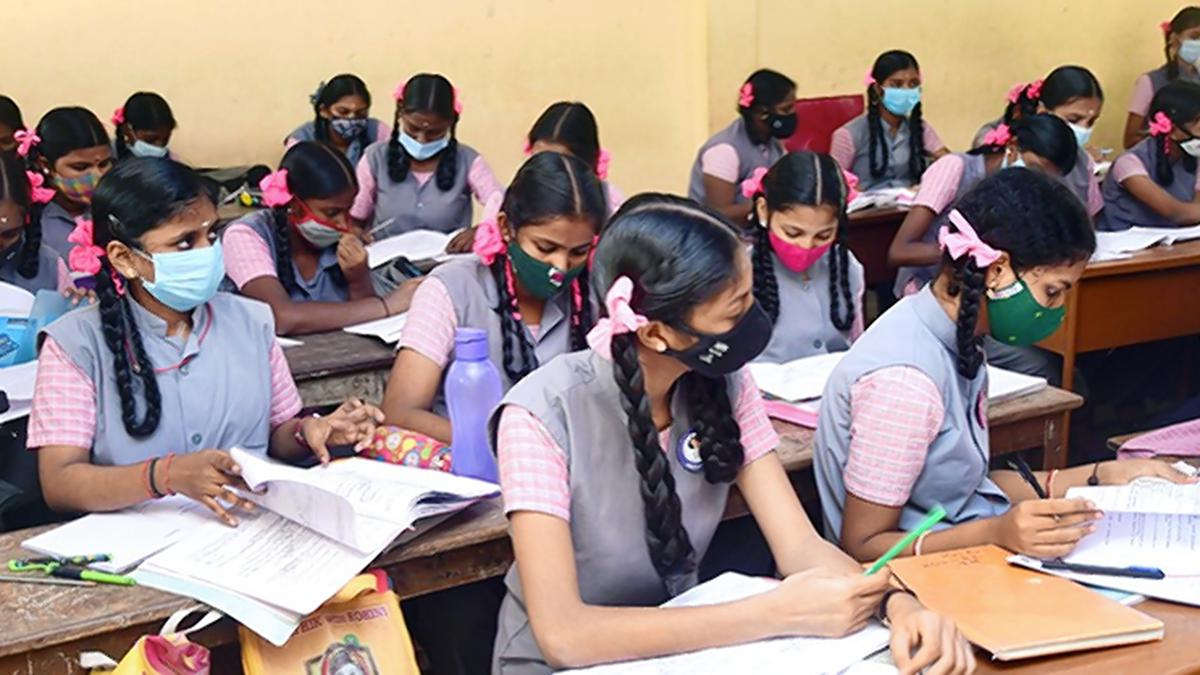
Government High and Higher Secondary School Principals to go on fast on Nov. 21
The Hindu
Principals of govt HSS/HS threaten fast Nov 21 if de-promoted. 3,500 head teachers to participate in protest against govt decision to revert to 1978 seniority rule. Appeal to govt to consider request to allow them to continue as per rules established over 40 yrs ago.
Principals of government higher secondary and high schools have threatened to go on fast on November 21 if the School Education department decides to de-promote them. Some of the current principals in the school could lose their posts as the department awaits a Madras High Court decision on a litigation.
Around 1,300 such teachers have been interacting with the department officials and have also met with the minister Anbil Mahesh Poyyamozhi to express their concerns. With no respite or assurance from the department officials, the teachers said they would launch a protest.
The affected teachers said since 1978, the government had been promoting senior teachers to the post of Principal in high school and HSS. At that time all the teachers who had a basic degree with a B Ed (BT teachers) were considered for promotion on a seniority basis. But over the years more teachers were recruited by the department with a post-graduate degree along with a B Ed qualification. However, since 2008, a series of court cases has caused confusion.
In April this year, the department decided that such senior teachers who were posted as heads based on the seniority rule that prevailed when the decision was taken 45 years ago, would be sent back to their original posting as teachers.
The Tamil Nadu High and Higher Secondary School Headmasters’ Association is opposing this move. The association began its protest in April and on September 20, it sent 3,000 postcards to the Chief Minister. On November 21, they have planned to go on fast at the Rajarathinam Stadium here.
“We have approached the minister and the department secretary several times. All it takes is for the government is to explain its position by going for a review when the case comes up,” said Arul Sundararajan, patron of the association.
The association has appealed to the department to consider their request to allow them to continue as per the rules established by the government over four decades ago. According to a letter to the secretary dated November 1, as many as 3,500 head teachers are expected to participate in the fast.













